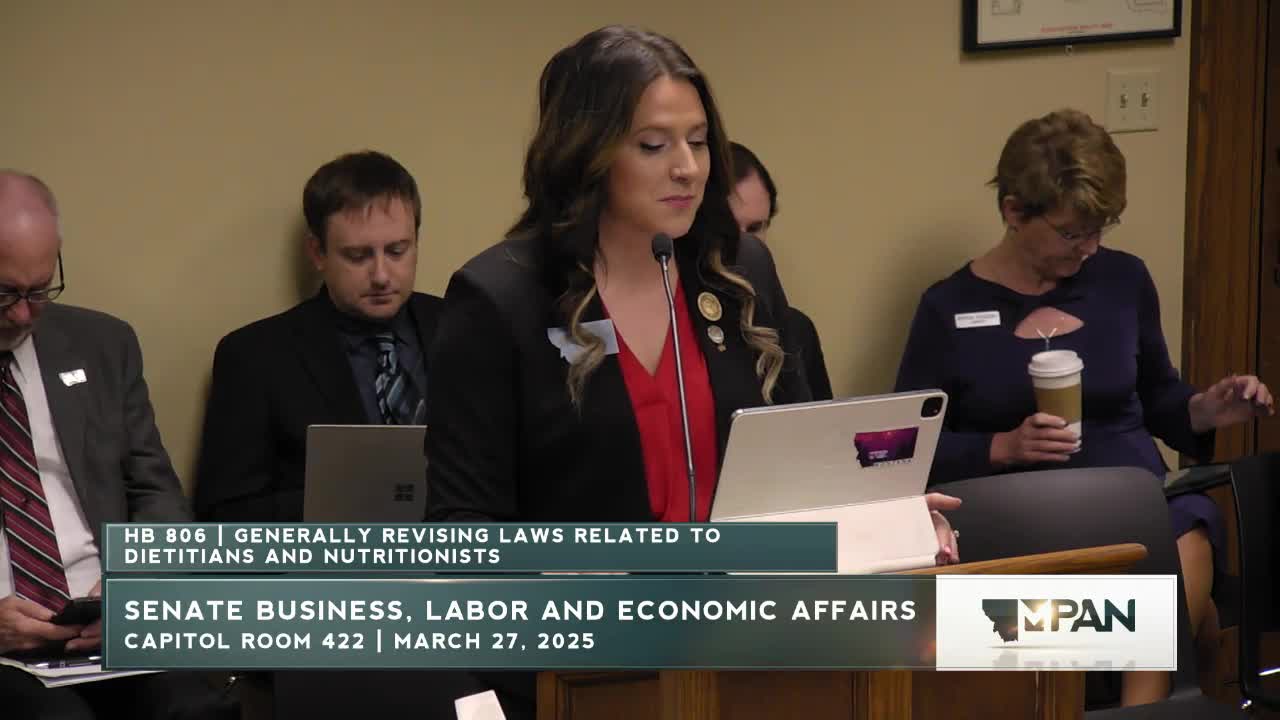Article not found
This article is no longer available. But don't worry—we've gathered other articles that discuss the same topic.
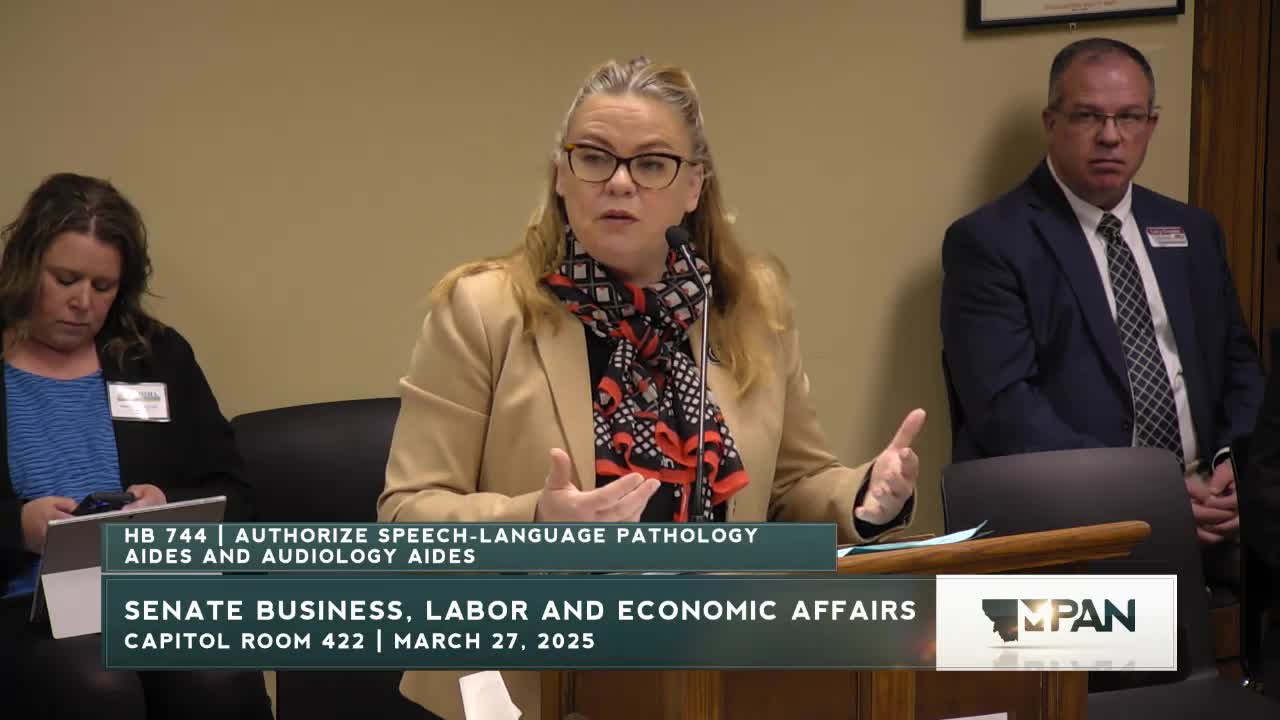
Sponsor asks committee to require local residency for Montana bail agents; insurance regulators and agents raise reciprocity concerns
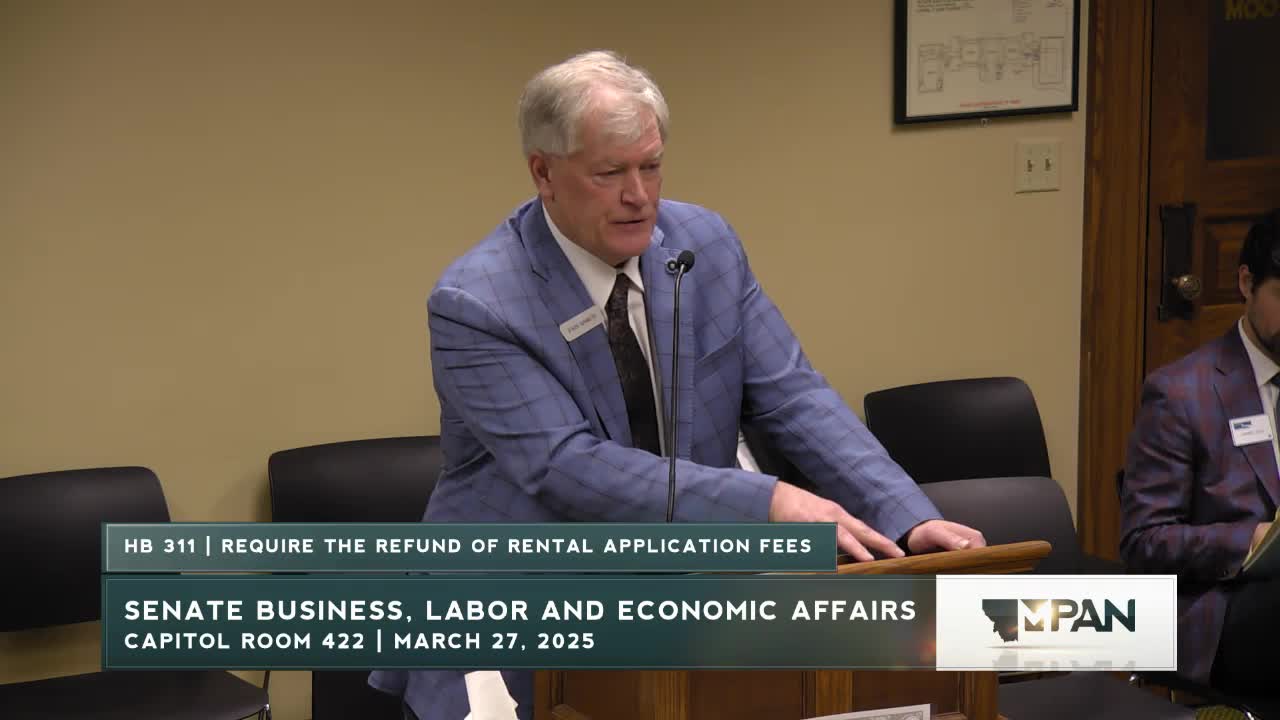
Sponsor and bail agents push 10% minimum premium on surety bonds to curb predatory practices
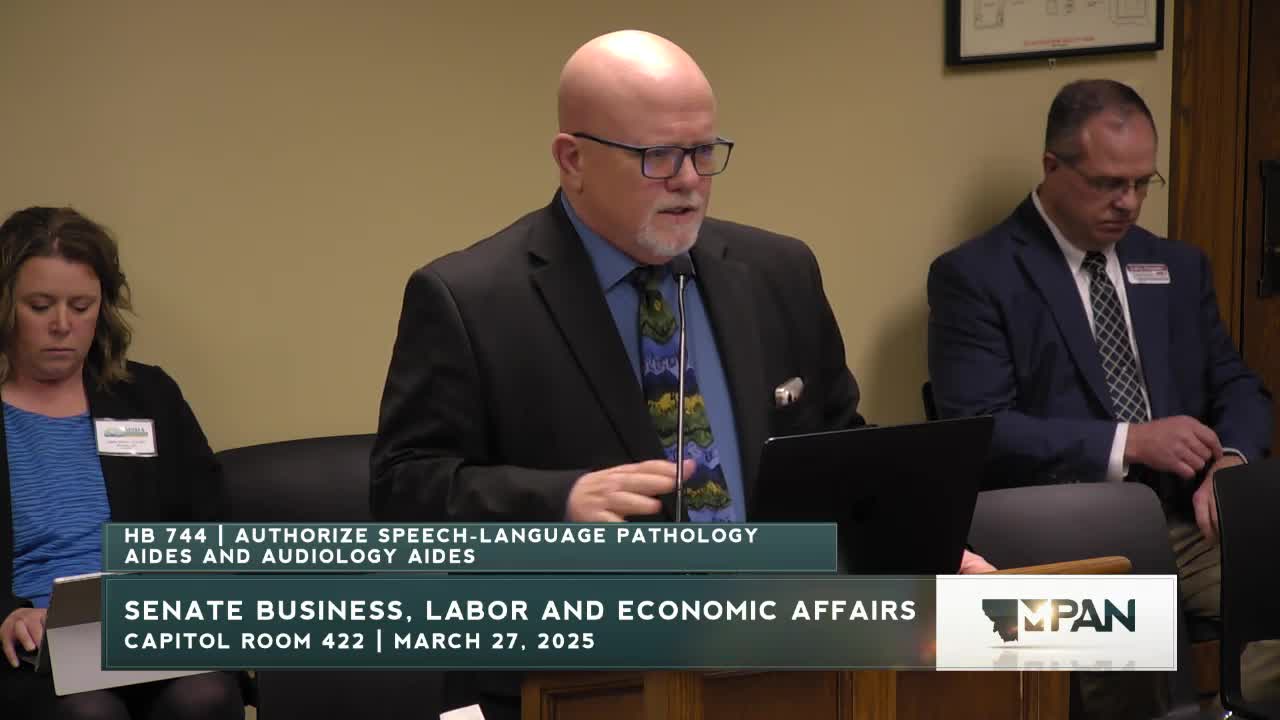
Small definitions bill aims to keep Montana FBI criminal‑records access for licensing checks
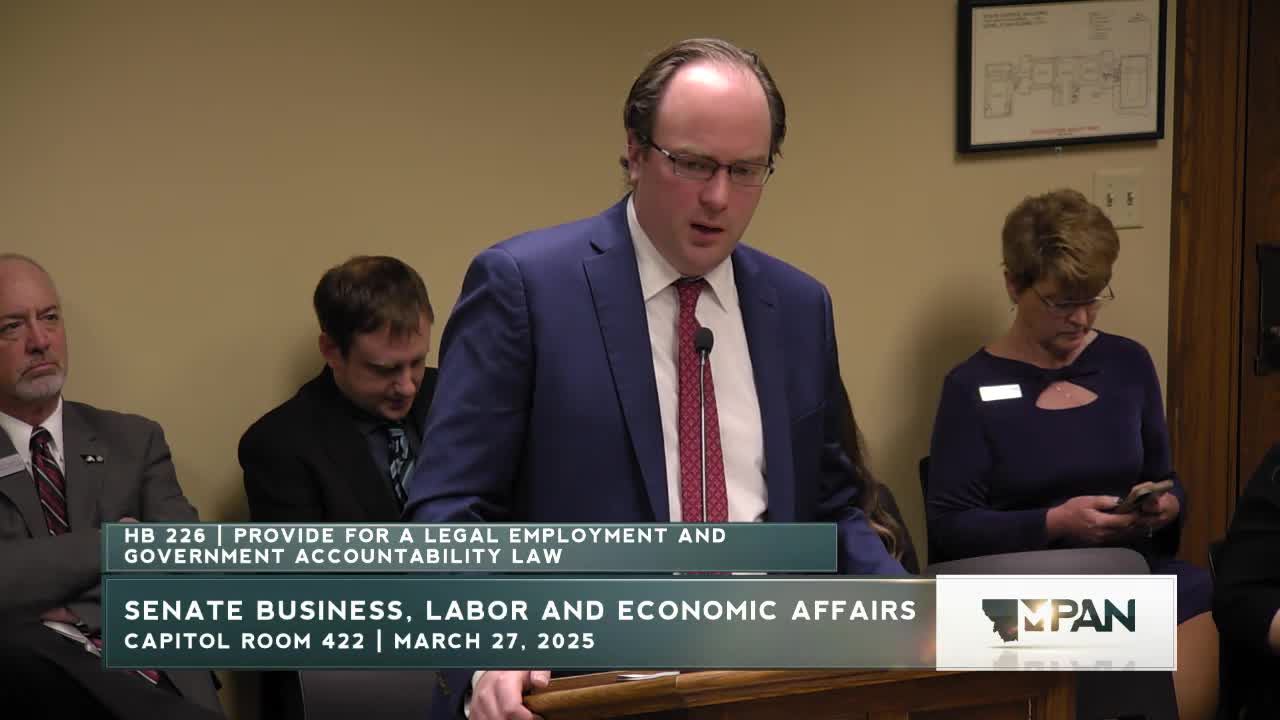
Lawmakers weigh temporary path for school speech aids as state develops assistant licensure
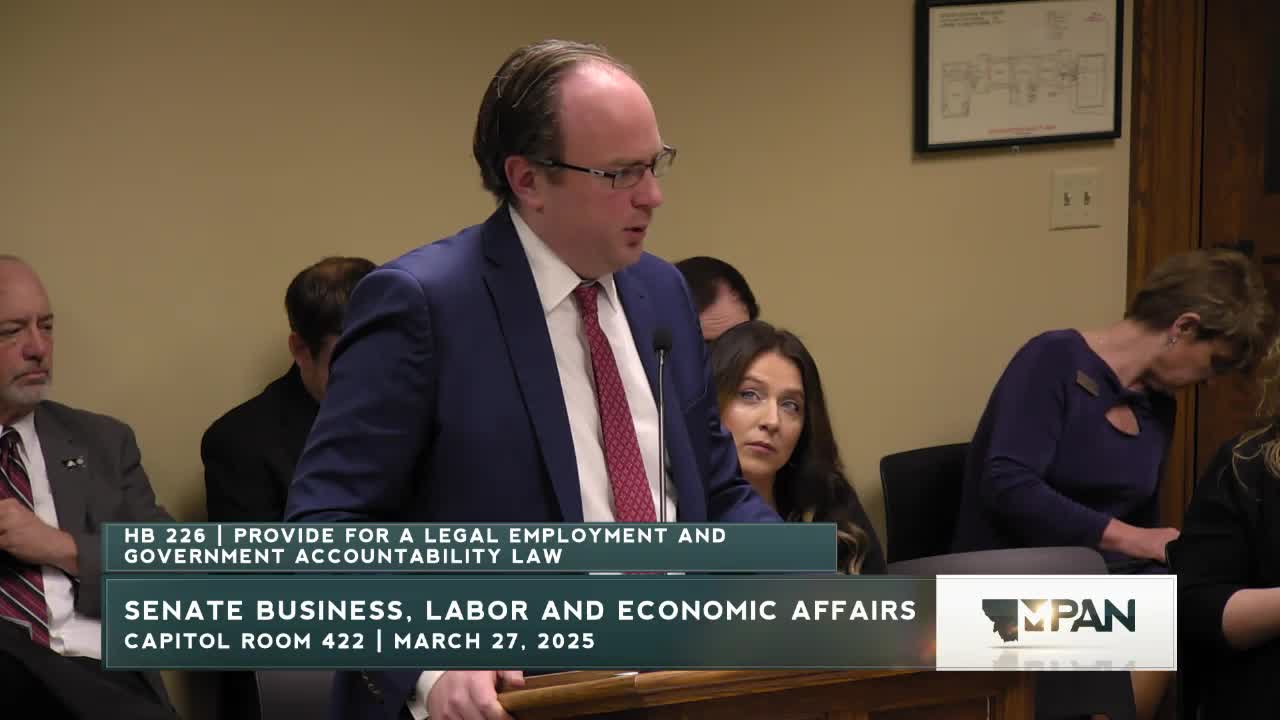
Senate panel hears cleanup bill to modernize pharmacy laws and remove outdated technician plan requirements
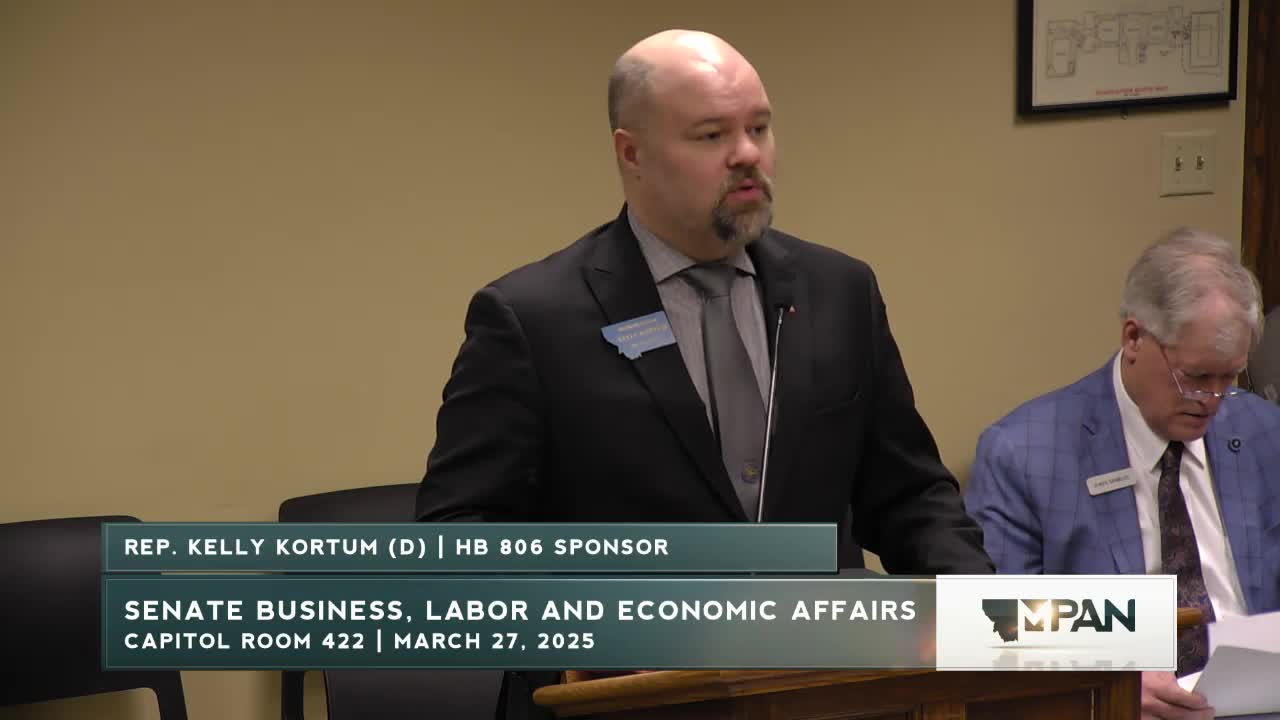
Bill to require refunds of denied rental application fees draws support from students, cities and landlords oppose changes
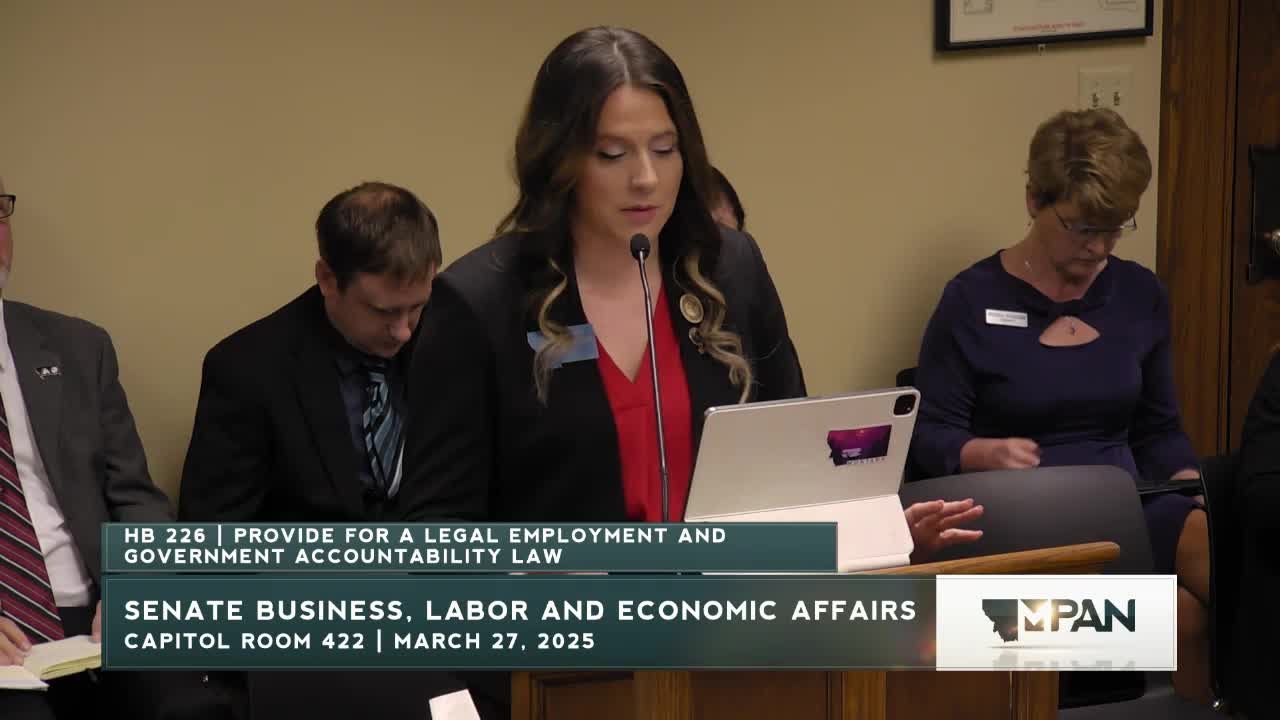
Committee hears bill to let DLI check I‑9s, use E‑Verify as option to curb illegal employment
